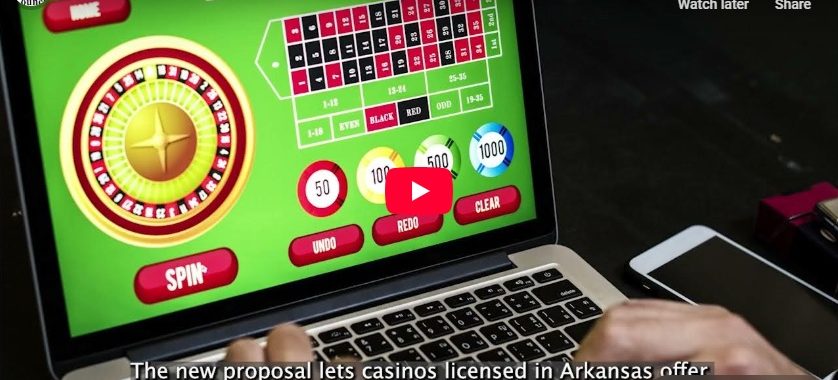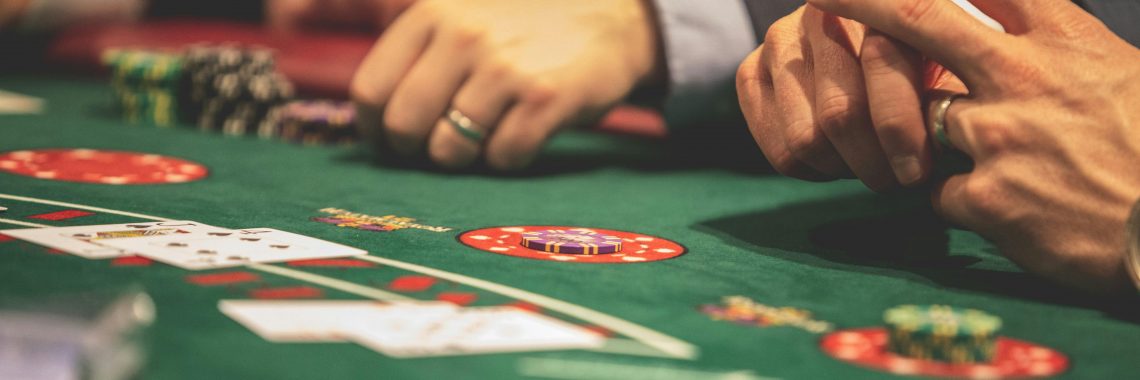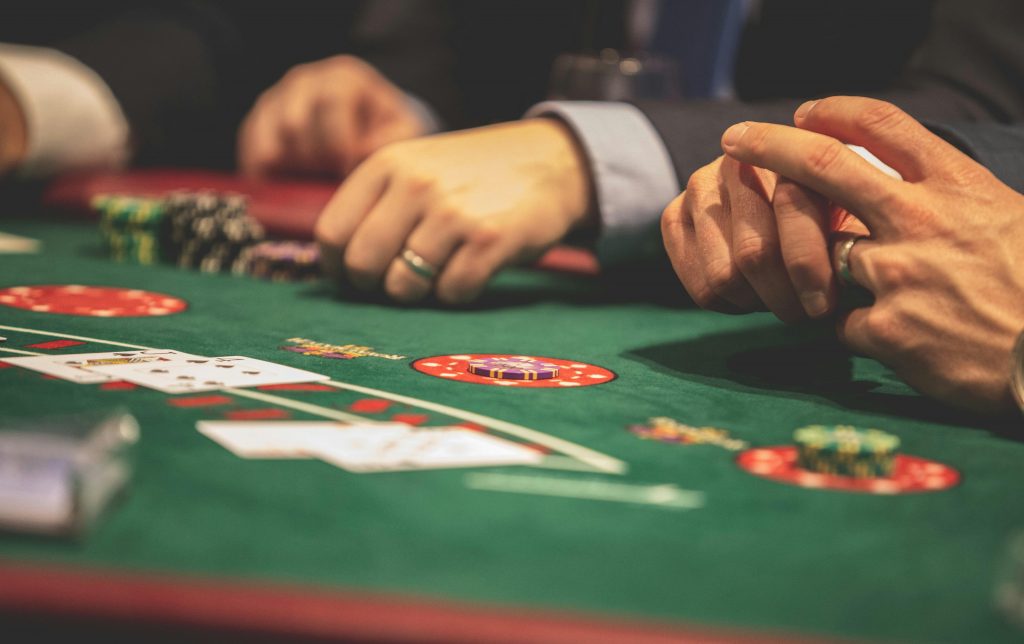Trial Held in Lawsuit Over Casino Amendment

This week the federal court in Little Rock held a bench trial in the lawsuit over Issue 2.
Issue 2 is a constitutional amendment that voters passed on November 5. The measure prevents the State of Arkansas from licensing a casino in Pope County.
It also prevents any additional casinos from being opened in Arkansas without a new constitutional amendment and without local voter approval at a special election.
Cherokee Nation Business received a license to operate a casino in Pope County before Issue 2 passed.
After Issue 2 passed, Cherokee Nation Business filed a federal lawsuit to block the amendment.
This week the federal court in Little Rock held a bench trial in the case. U.S. District Judge D.P. Marshall, Jr. has indicated he plans to resolve the case quickly.
Legalized gambling has become a scourge in our state. On average, Arkansans are gambling more than a million dollars every day on sports betting alone. In spite of that, casino tax revenue has not improved Arkansas’ roads or boosted the economy. Instead it’s hurt our communities. Last year the Arkansas Problem Gambling Council reported a 22% increase in calls for help with problem gambling this year. Unless Arkansans take a stand, gambling addiction is simply going to continue wrecking lives and hurting families in our state.
Articles appearing on this website are written with the aid of Family Council’s researchers and writers.




